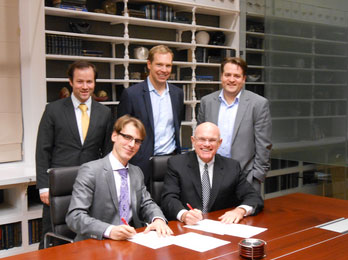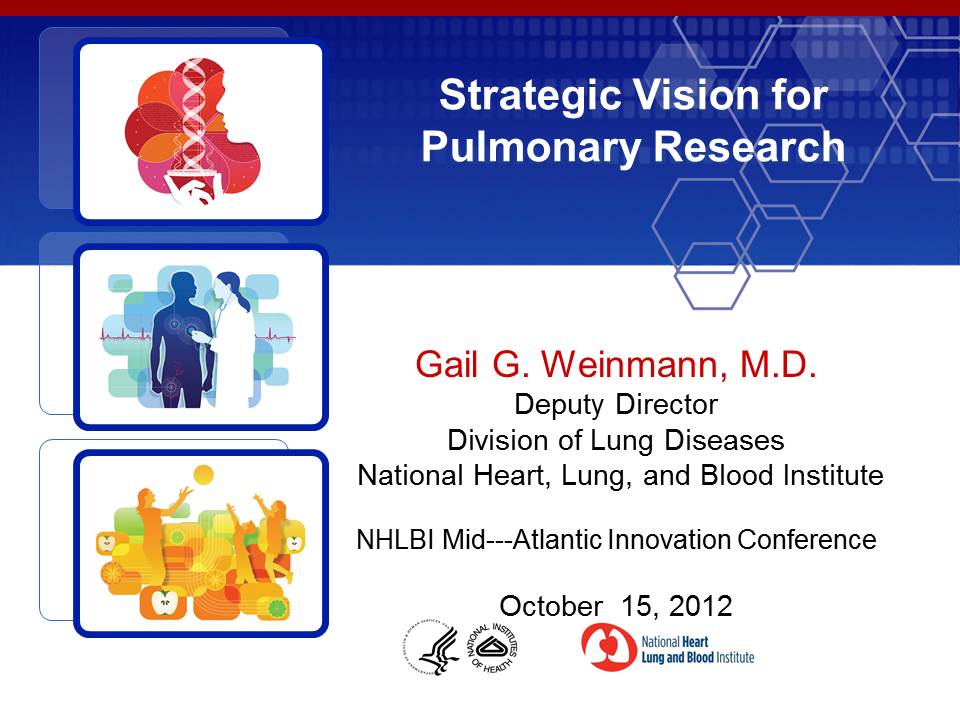

Rich Bendis (BHI) and Paul Vulto (MIMETAS) signing the MOU agreement.
MIMETAS is a Dutch microfluidics company focusing on high-throughput organ-on-a-chip systems for predictive toxicology testing, efficacy screening and personalized therapy.
BHI will support MIMETAS by assisting in establishing a MIMETAS US-based subsidiary, aiding in the application for US- and Maryland-based grants (e.g. SBIR, TEDCO), and identifying potential collaborators and partnerships.
This partnership is important in further expanding Maryland’s connections internationally and expanding Maryland’s biohealth sector.






